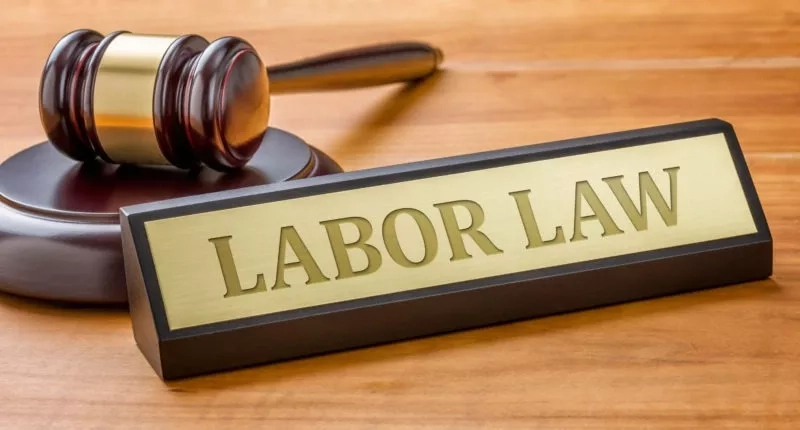In India, industrial relations and trade unions play a vital role in balancing the interests of employers and employees while ensuring compliance with labour and industrial laws. A well-structured industrial relations framework promotes workplace harmony, protects employee rights, and fosters productivity. For businesses, navigating these laws is essential to avoid disputes and maintain a fair work environment.
Key Labour and Industrial Laws in India
Several legal provisions govern industrial relations and trade unions in India. Understanding these laws helps businesses mitigate risks and prevent unfair labour practices.
- Industrial Disputes Act, 1947: This act provides mechanisms for resolving employer-employee disputes through mediation, arbitration, and adjudication. It also prevents wrongful termination and promotes fair treatment of workers.
- Trade Unions Act, 1926: This legislation regulates the formation and operation of trade unions, ensuring employees have the right to collective bargaining.
- The Factories Act, 1948: Focuses on workplace safety, employee welfare, and working conditions in industrial establishments.
- The Code on Wages, 2019: Consolidates wage-related laws and establishes guidelines for fair compensation.
For organisations, staying updated on labour and industrial laws is crucial to avoid legal challenges and foster a compliant work environment.
Common Challenges in Industrial Relations
Despite a well-defined legal framework, managing industrial relations and trade unions comes with challenges:
- Unfair Labour Practices: Issues like wrongful termination, refusal to promote, or attempts to suppress trade unions can lead to disputes.
- Communication Barriers: Miscommunication between employees and management often results in conflicts.
- Legal Complexities: Labour laws in India are intricate, requiring expert guidance to ensure compliance.
Employers must proactively address these issues to maintain stability and avoid disruptions.
Best Practices for Managing Industrial Relations
Organisations can enhance their industrial relations strategy by implementing these best practices:
- Effective Communication Channels: Regular interactions between employers and trade unions help in resolving grievances early.
- Developing Comprehensive HR Policies: Aligning company policies with labour and industrial laws ensures fairness and transparency.
- Proactive Dispute Resolution: Using arbitration and mediation techniques helps in settling conflicts before they escalate.
- Compliance Audits: Regular legal audits help businesses stay aligned with evolving labour laws.
By following these strategies, companies can build a harmonious work environment while reducing legal risks.
The Importance of Preventing Unfair Labour Practices
Employers must ensure they do not engage in unfair labour practices, such as:
- Wrongful termination without cause.
- Denial of benefits or wages.
- Union suppression or discrimination.
Maintaining ethical labour practices not only protects businesses from legal action but also fosters employee trust and workplace stability.
Final Thoughts
Navigating labour and industrial laws while managing industrial relations and trade unions requires expertise and strategic planning. A well-structured approach ensures compliance, reduces disputes and enhances overall organisational efficiency. Employers must focus on fostering positive relations, ensuring fair treatment, and staying updated on labour laws to sustain long-term business success.
For more expert guidance on Indian labour laws, M/s K.N. Kapoor & Co. is a trusted legal firm that specialises in labour compliance and dispute resolution, helping businesses achieve legal security and workplace harmony.


